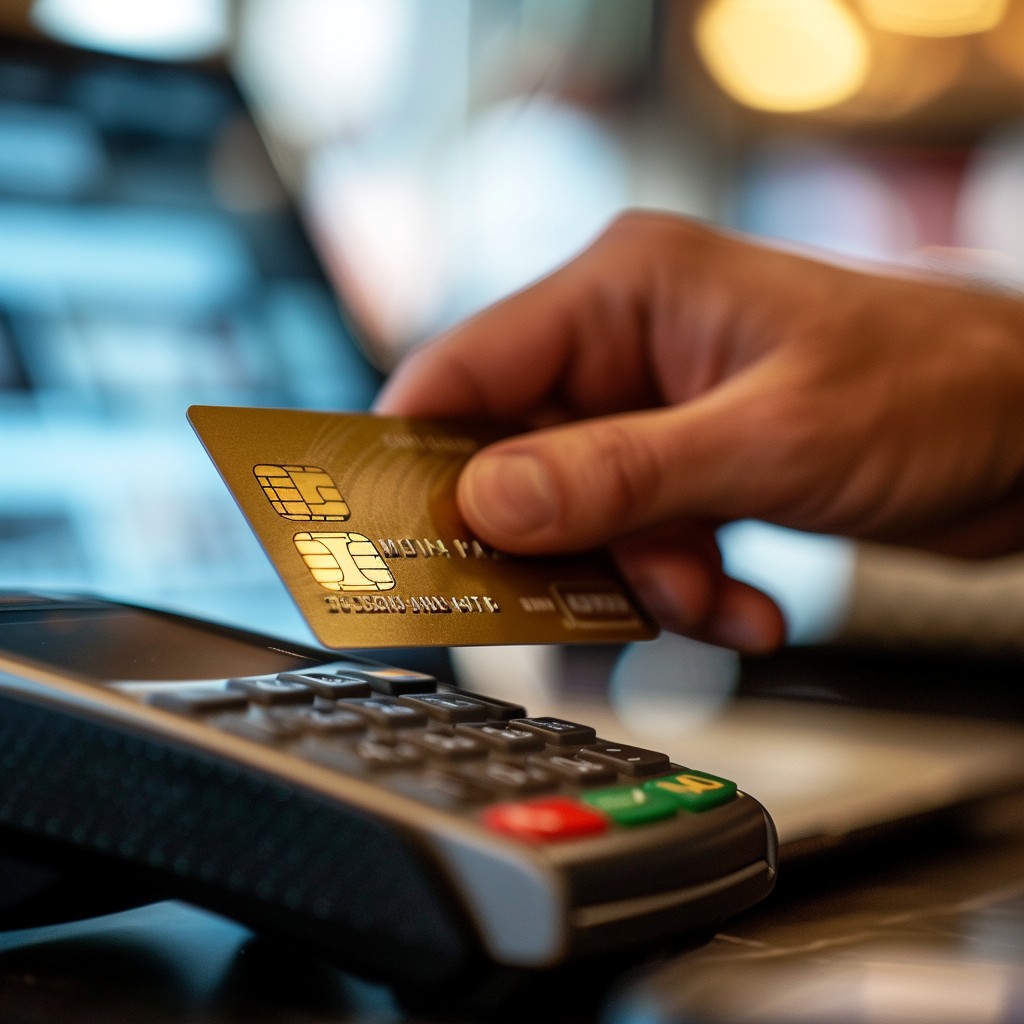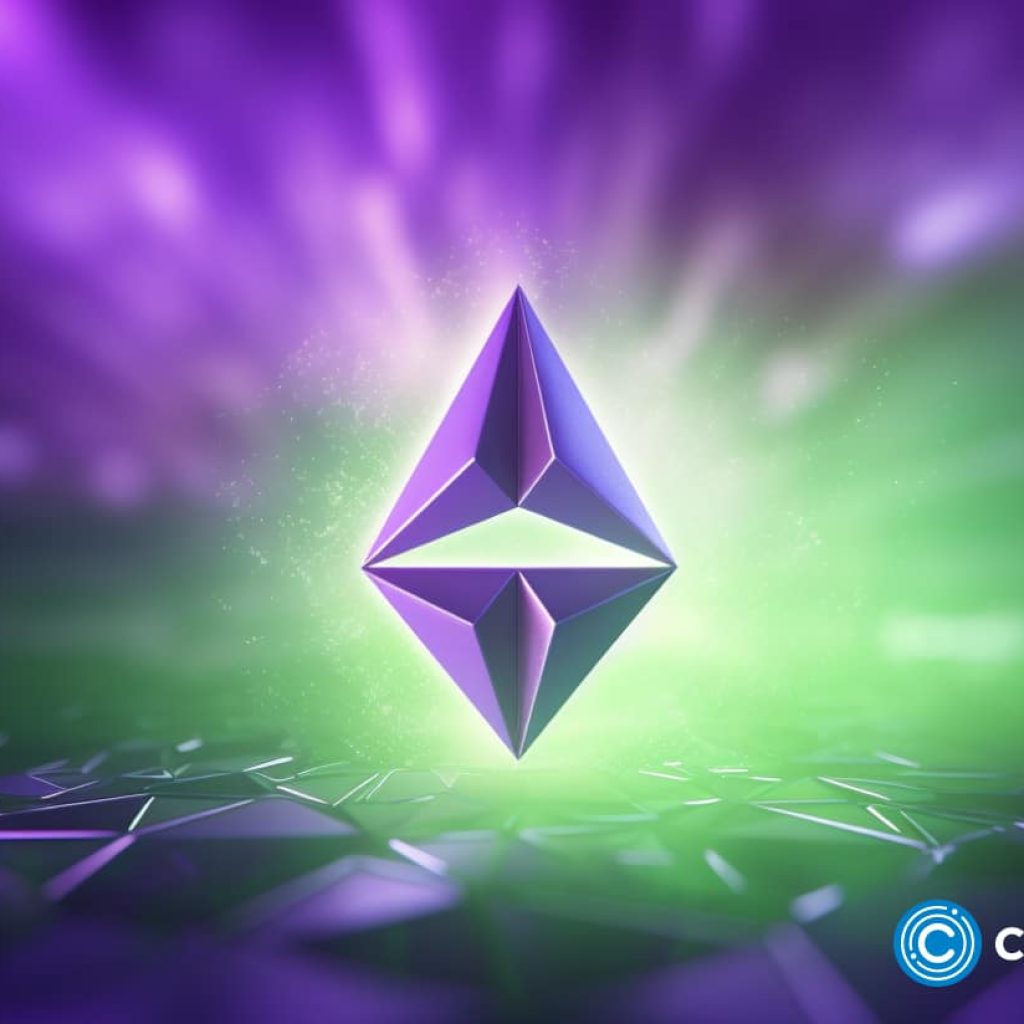Visa has joined forces with Web3’s Transak to pioneer a seamless bridge between cryptocurrencies and fiat currencies. This innovative partnership marks a significant step towards mainstream adoption of digital assets, as it enables crypto enthusiasts to withdraw their digital holdings through debit cards in an unprecedented 145 countries.
Visa continues its crypto revolution
Visa, a global payment giant, is doubling down on the adoption of cryptocurrencies by facilitating an alternative method of exchanging cryptocurrencies for fiat currencies that circumvents the need for a centralized exchange.
The Web3 infrastructure provider Transak and Visa have formed a partnership to enable crypto payments and withdrawals through the Visa Direct solution, the companies announced on January 30.
Users can now withdraw cryptocurrencies such as Bitcoin directly to a Visa debit card from a wallet such as MetaMask using the new integration. The integration, which is immediately available, facilitates the exchange of cryptocurrencies for fiat currency and payment at 130 million merchant locations that accept Visa.
By enabling real-time card withdrawals through Visa Direct, Transak is delivering a faster, simpler and more connected experience for its users — making it easier to convert crypto balances into fiat.
Visa Direct’s North America Head Yanilsa Gonzalez-Ore
Harshit Gangwar, chief of investor relations and marketing for Transak, remarked that the partnership signifies a major turning point in bridging the crypto and traditional finance sectors and substantially increases the number of options for converting cryptocurrencies to fiat currencies.
Without relying on centralized exchanges, the partnership enables users from 145 countries to directly convert at least 40 cryptocurrencies to fiat. According to Transak’s global coverage page, supported jurisdictions consist of Cyprus, Malta, Singapore, Turkey, Portugal, and the United Arab Emirates, among others.
“This is a major step towards mainstream acceptance and use of cryptocurrencies,” Gangwar said, emphasizing the integration’s ability to make transactions more accessible and convenient.
How does this partnership serve decentralized finance
According to Gangwar, the collaboration has major benefits for users of decentralized systems and wallets like as MetaMask, Ledger, Trust Wallet, and others. “MetaMask users can now effortlessly off-ramp directly from their wallet to the Visa card, which enhances the usability and practicality of their digital assets,” he said.
According to MetaMask’s senior product manager, Lorenzo Santos, the collaboration between the payment entity and Transak does provide a crucial functionality for MetaMask customers. He said:
Transak’s integration with Visa opens new horizons for MetaMask users globally, providing more flexibility in smooth cryptocurrency to fiat conversions.
Lorenzo Santo
According to recent reports, Cuy Sheffield, Head of Crypto at the financial behemoth stated: “Banks and financial institutions want to understand how best to serve their clients in this space or risk seeing them get those services elsewhere.”
We expect traditional fiat and legacy settlement rails to co-exist with tokenized fiat running over global 24/7 real-time blockchain networks for a long time. And we see our role as a bridge to meet our clients where they are regardless of preferred currency, settlement network, or form factor.
Cuy Sheffield
The entity has been involved in a number of partnerships and projects in recent years, taking a blockchain-agnostic approach, “exploring which blockchains have the potential to enhance payment rails, piloting real-world ways to help reduce friction for end users, and getting a clear sense of what consumers want from this quickly evolving tech,” according to Sheffield.
Since 2021, Visa has collaborated with USDC stablecoin issuer Circle to test cross-border fiat currency payments on the Ethereum (ETH) network.
The entity receives USDC payments from Crypto.com to meet its settlement responsibilities for cross-border volume on the Crypto.com Visa credit card program in Australia, and plans to expand the system to additional regions.
Visa expanded its stablecoin settlement capabilities to the Solana blockchain in September 2023, collaborating with merchant acquirers Worldpay and Nuvei.
Visa can use Solana to deliver funds to acquirers, which are financial institutions that accept card payments for merchants or enterprises, to assist in speeding up settlement times.





